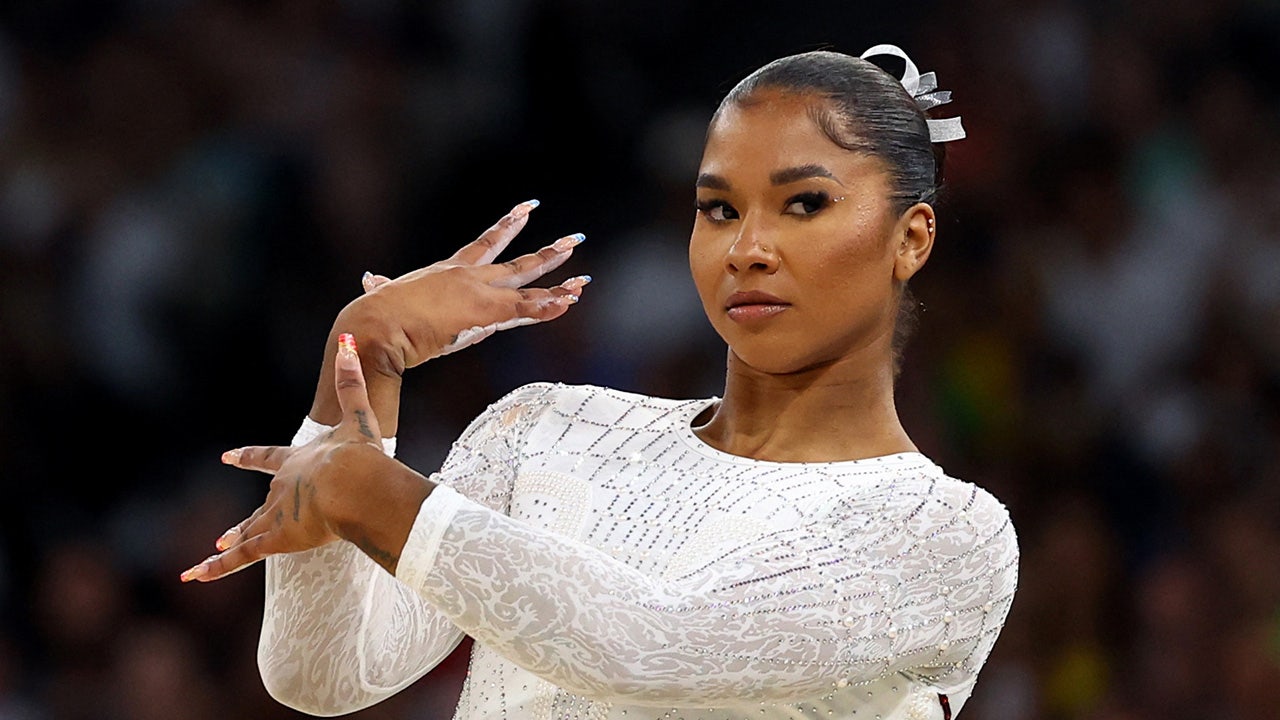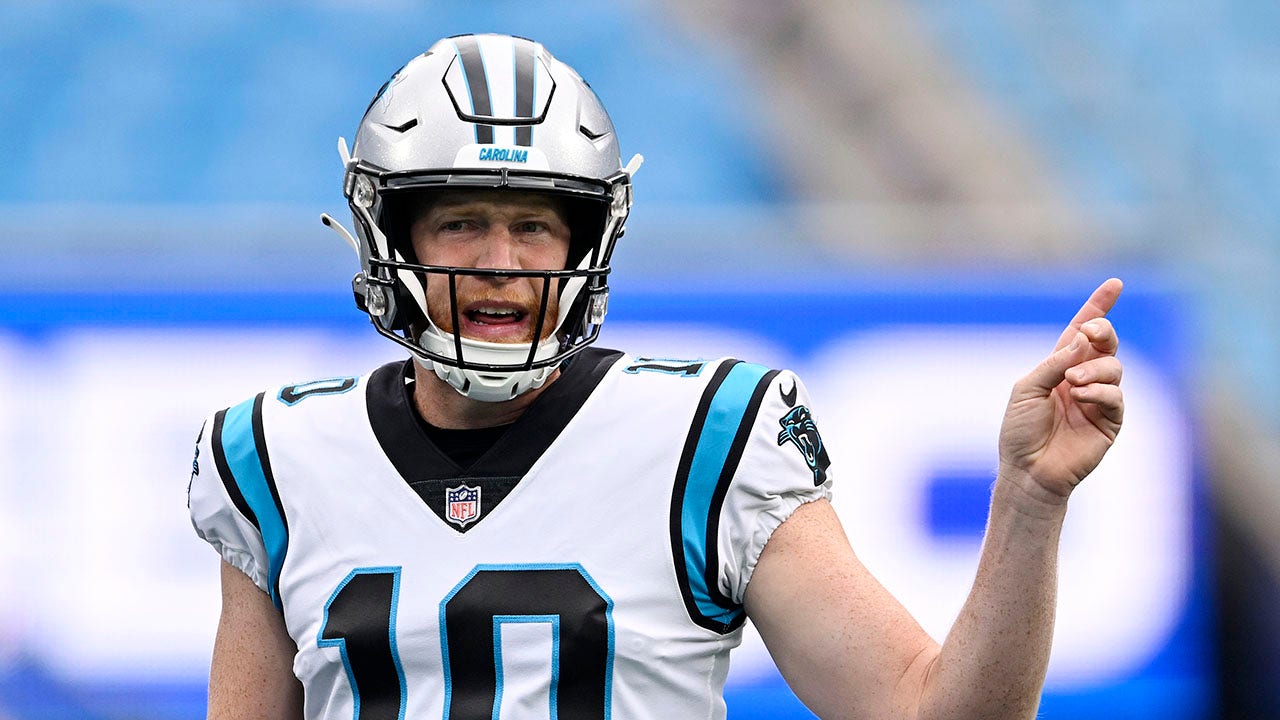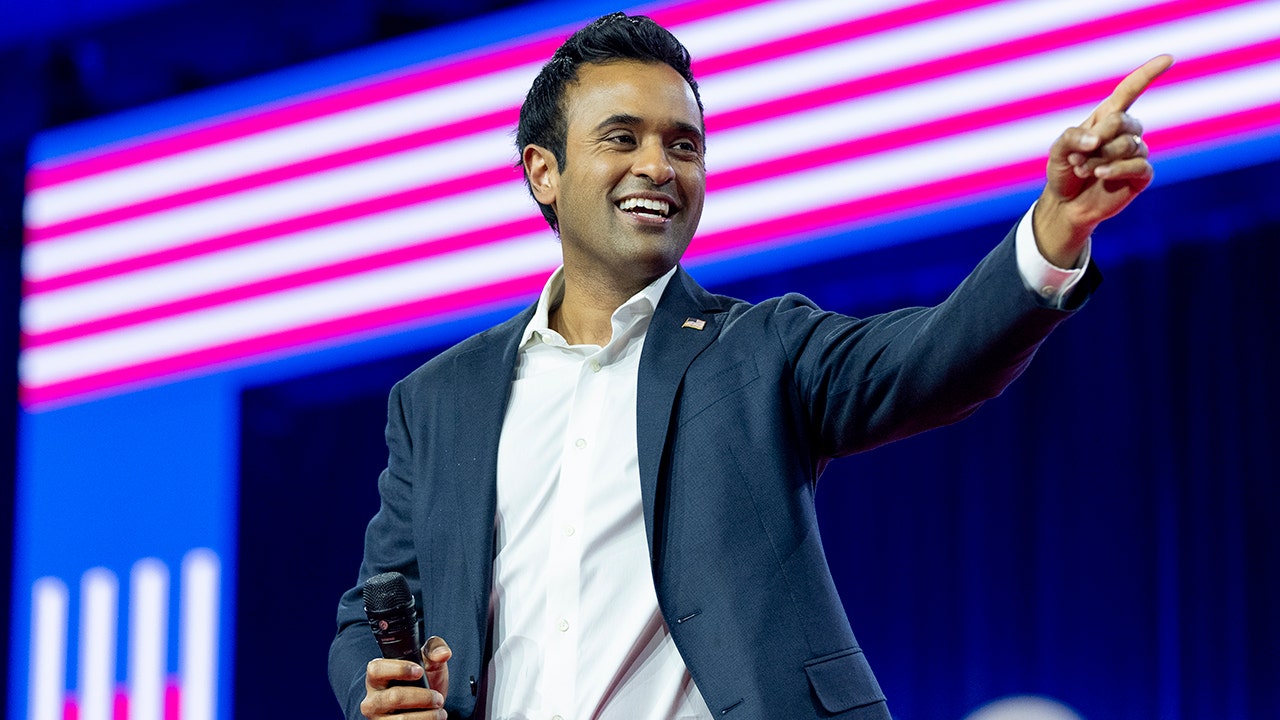Deion Sanders’ news conferences often feel like a sermon. When he’s on a roll, his words have a rhythm and energy that remind me of a Sunday morning in the Black church. He will lead you to believe his purpose for being at Colorado is greater than football. Winning may be important, but developing complete people as well as all-around players is imperative. When he talks about the types of recruits he looks for, he mentions intelligence, speed and toughness, but there is added emphasis when he cites character and discipline. He draws out those words, leaving them to linger in the air for a moment longer.
Today, those words ring hollow. Today, Sanders sounds and looks like a hypocrite. The man who once refused to ignore a petty verbal slight from an opposing coach because “my momma taught me that you ain’t just gonna attack me, and I ain’t gonna sit back and say nothing,” is refusing to take questions from a local columnist because he doesn’t like what the person has written about him and the program.
From my vantage point, that doesn’t look like character. Rather, it resembles cowardice.

GO DEEPER
Sanders, Buffs will no longer answer questions from local columnist
Everyone knows you don’t run from a bully, perceived or actual. You stand up to the person. Would Sanders tell his team to run and hide if facing an opponent that is a two- or three-touchdown favorite? Of course not. He’d tell his players to stand their ground and meet the moment.
But in this case, he either requested or allowed Colorado’s athletics department to notify The Denver Post that no one from the football program would take questions from columnist Sean Keeler because of “a series of sustained, personal attacks” in Keeler’s coverage of the program. Asked for specific examples, a sports information staffer cited the use of phrases such as “false prophet,” “Deposition Deion,” “Planet Prime,” “Bruce Lee of B.S.,” “the Deion Kool-Aid” and “circus,” according to the Post.
I can understand Sanders being bothered by such characterizations, but I also know the skin of an FBS head coach has to be thicker than one-ply toilet paper. However, Sanders has never handled criticism well, going back to his days as a professional football and baseball player.

Free, daily sports updates direct to your inbox.
Free, daily sports updates direct to your inbox.
Sign Up
When he suited up for the Atlanta Braves and Atlanta Falcons on the same day decades ago, Tim McCarver, a catcher-turned-broadcaster, criticized him for it. McCarver was a purist and didn’t like what he believed to be a circus taking place. Sanders later responded by dumping multiple buckets of ice water on McCarver’s head in the clubhouse.
A few years ago while coaching at Jackson State, Sanders refused to take a question from a reporter when the person addressed him at the Southwestern Conference media day as Deion instead of Coach Prime.
“If you call Nick (Saban), Nick, you’ll get cussed out on the spot,” Sanders said to the reporter, referring to the former Alabama coach. “So don’t do that to me. Treat me like Nick.”
Two weeks ago, Sanders dismissively waved off a CBS reporter after learning of the reporter’s affiliation.
“I’m not doing nothing with CBS. Next question,” he said. “It ain’t got nothing to do with you. It’s above that. It ain’t got nothing to do with you. I got love for you. I appreciate you. I respect you. It ain’t got nothing to do with you. They know what they did.”
In that same news conference, Sanders also refused to take a question from Keeler. Once is an accident, twice is a coincidence, and three times is a pattern of behavior.
Sanders made amends with CBS reporter Eric Christensen the following week, offering him a one-on-one interview, but the situation with Keeler likely won’t be resolved as quickly or as smoothly. Department officials have not indicated if or when its position will change, though it said it will continue to credential Keeler and other Post reporters for games, practices and other football events. Keeler will not be recognized for questions from the football program, but he can interview administrators, coaches and participants in other sports.
Attempts to control the sports media are nothing new, particularly in college football. In 2012, for instance, USC briefly banned a media member after he reported a player injury. And last season, the Trojans temporarily suspended a beat writer for reporting a conversation that two players had in front of the media.
There are other examples and battles that are fought that the public never hears about, and without a coach who preaches love, peace and empathy running from the opportunity to show his players how to handle a difficult situation. But that’s what bullies do, right? When they realize they are not likely to win, they turn and run. They give ammunition to critics who might argue their sermons are nothing more than hollow words, coated in style but lacking substance.
Required reading
(Photo: Louis Grasse / Getty Images)






